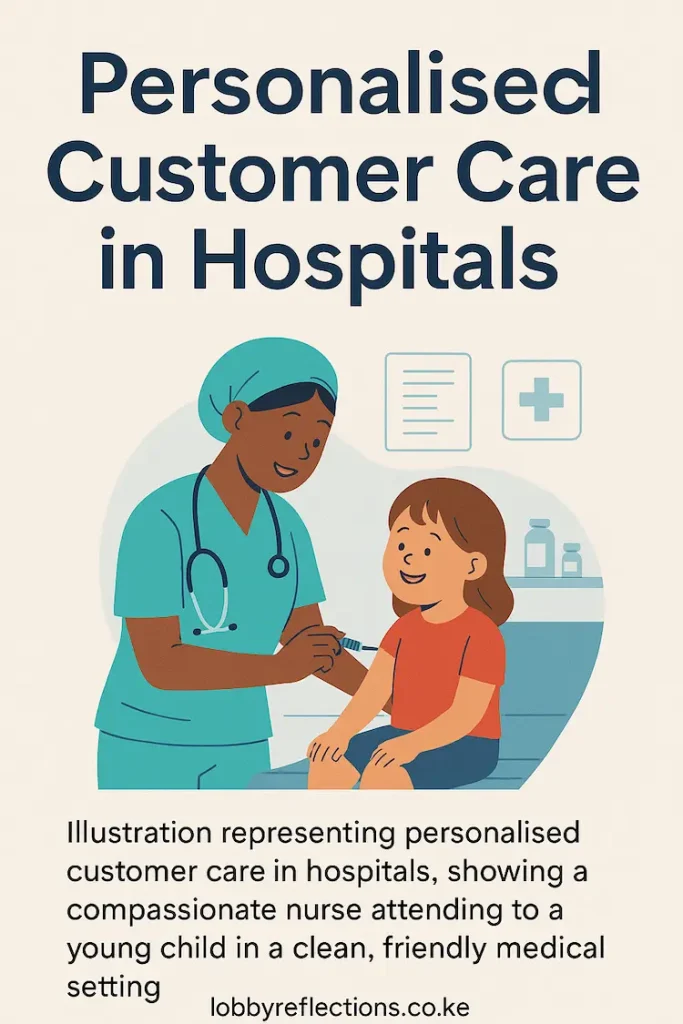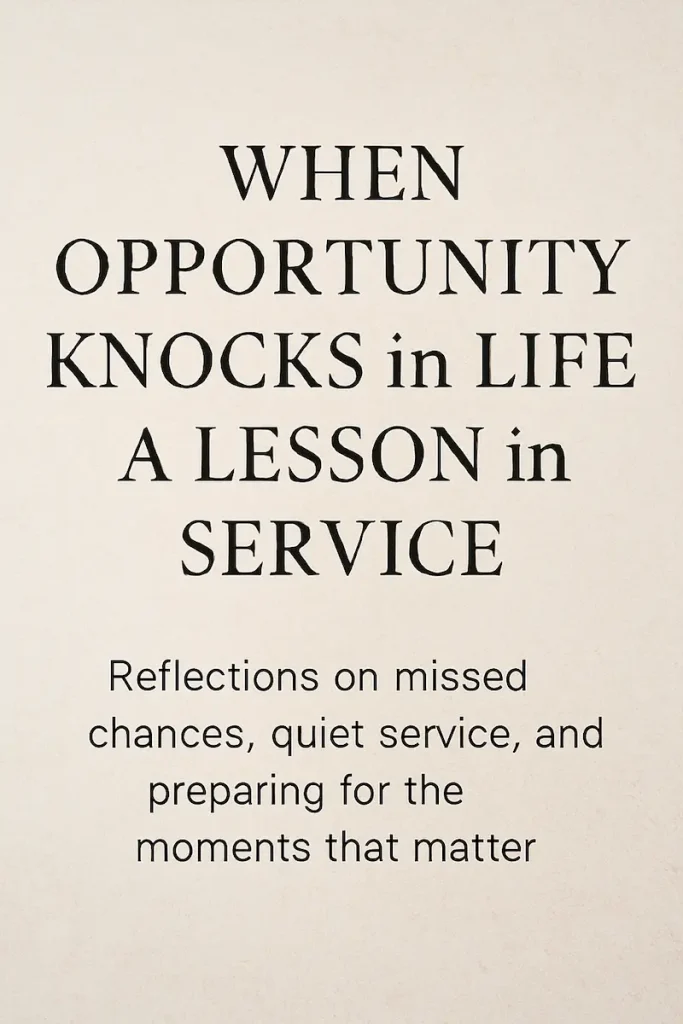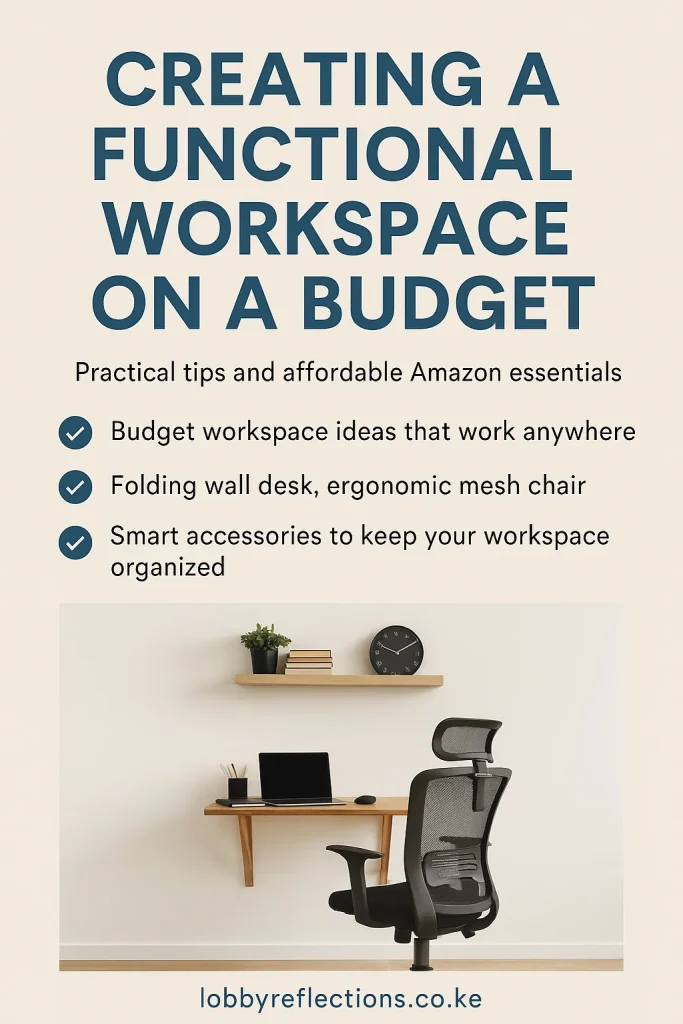
The cost of leadership isn’t measured in titles or trophies. It’s measured in tears shed behind closed doors, prayers whispered when no one’s watching, and the burden that burns inside—refusing to let go.
Moses had everything: comfort, power, and a royal upbringing in Pharaoh’s palace. But one day, when he was grown, he went out to where his own people were. He saw their pain. And something turned in him.
“He saw an Egyptian beating a Hebrew, one of his own people.” — Exodus 2:11
In that moment, the cost of leadership was born. Not on a throne, but in a gut-wrenching decision to defend the voiceless. He killed the Egyptian—not out of rage, but from a deep, restless burden.
That’s how many leaders begin. They don’t seek attention. Something inside them refuses to stay silent. Something burns.
The Cost of Leadership: When the Burden Chooses You
Leadership doesn’t always knock politely. Sometimes it shows up like fire in your bones.
Just ask Jeremiah.
“But if I say, ‘I will not mention his word or speak anymore in his name,’ his word is in my heart like a fire, a fire shut up in my bones. I am weary of holding it in; indeed, I cannot.” — Jeremiah 20:9
He tried to keep quiet. Tried to shut up. But purpose wouldn’t let him.
Have you felt that? A burden to correct something broken? To raise a family in a better way? To teach, build, write, speak—even when you feel underqualified?
That’s the cost of leadership—it won’t let you go.
I’ve seen it in the teachers who tried to walk away from the profession but came back. In mothers who fight for their children’s future. In entrepreneurs working three jobs because something in them whispers, Don’t stop.
You may not wear a badge. But your burden is proof that you were chosen.
When Leadership Feels Like a One-Sided Sacrifice
The day after Moses kills the Egyptian, he sees two Hebrews fighting and tries to mediate.
Same heart. Same people. But this time they reject him.
“Who made you ruler and judge over us?” — Exodus 2:14
And just like that, he realizes: even the people you fight for can turn on you.
This is one of the deepest wounds of leadership. You advocate for someone—and they bite back. You give your all—and they forget.
It hurts.
But still, you lead. Because you must. Because you can’t watch in silence.
If you’ve served behind the scenes without recognition, I invite you to read Serving in Church Behind the Scenes. It reminds us that invisible service is still sacred.
Affiliate Break: Essentials for Quiet Heroes
If you’re leading from the trenches, these Amazon finds can refresh your strength:
🔥 The 21 Irrefutable Laws of Leadership by John C. Maxwell
Timeless leadership truths for those walking the hard road of influence.
🕯️ “Be Strong and Courageous” Table Lamp – Joshua 1:9
A daily reminder that your strength is divinely supported.
📔 Prayer & Reflection Journal
Perfect for documenting your burden, prayers, and answered breakthroughs.
The Long and Lonely Road: Moses and the Stubborn People
Moses eventually returns and leads his people out of slavery. With miracles. With signs. With God by his side.
And still, they grumbled.
“Was it because there were no graves in Egypt that you brought us to the desert to die?” — Exodus 14:11
He interceded for them. Pleaded for their mercy. Brought water from rocks. Manna from heaven.
Yet their hearts were hardened.
The cost of leadership, for Moses, was immense. Even after all he did, one mistake cost him the Promised Land. He struck the rock when he was told to speak to it—and God said, You will not enter.
Imagine that.
After all the leading. All the fighting. All the sacrificing.
Still—he stood at the edge and only saw the reward from a distance.
This is the painful truth: sometimes, leaders don’t get to harvest what they sow. But others will. And their legacy will live on.
Leadership Beyond Applause: When Becoming Feels Like Breaking
Leadership rarely feels like a shiny promotion. Often, it feels like becoming… and breaking… at the same time.
I talk about this journey in my post The Gift of Becoming. Because sometimes growth feels like failure. Sometimes showing up is the victory.
So to the tired leader, know this: You’re not lost. You’re becoming.
And it matters.
Affiliate Break: Strength for the Wilderness Season
These Amazon picks are perfect for leaders in a dry season:
☕ “Nevertheless, She Persisted” Mug
Because your persistence deserves to be honored.
🎧 Noise-Canceling Headphones for Deep Focus
Block out distractions as you think, build, and breathe.
📚 The Moses Code by James F. Twyman
A soul-nourishing read on calling, surrender, and living with purpose.
The Cost of Leadership: Why We Keep Going
So why keep going if the cost is this high?
Because we were called.
Because we carry something bigger than comfort.
Because someone, somewhere, will benefit from our obedience.
The world needs more leaders. Not perfect ones. But burdened ones. Compassionate ones. Courageous ones.
Whether you’re leading a team, a class, a congregation, a household—or just yourself through a storm—you’re walking in the footsteps of Moses. Of Jeremiah. Of every unsung hero who decided to care.
Final Thoughts: A Word to the Quiet Leaders
You may not be in the limelight.
You may not even be thanked.
But your yes to the burden matters.
Keep going.
You are part of a long line of heroes whose names history may forget—but whose sacrifices eternity never will.
Outbound Resources on Thankless Leadership
To understand more about the lonely, often unrewarded world of leadership, check out:
- “Is Leadership a Thankless Job? 3 Ways to Change That” – Fierce Inc. — explains the unseen emotional toll on leaders fierceinc.com+1medium.com+1.
- “The Hard Truth About Good Leadership” – Forbes — reminds us that sacrifice, pain, and cost are often part of the package forbes.com.
💛 Call to Action
If this message stirred something in you:
✅ Share this post with a quiet leader you admire.
✅ Subscribe to Lobby Reflections for more real stories of courage, purpose, and calling.
✅ Explore the Amazon tools above to refresh your leadership journey.









